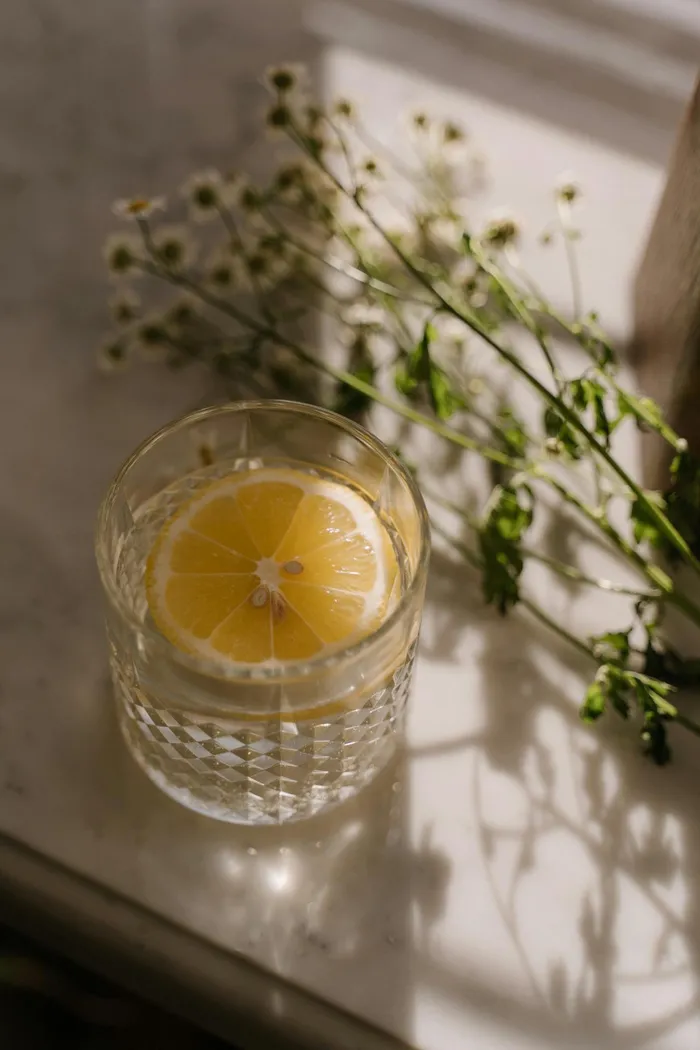
From essential health checks to nutrition tips, learn how to embrace the season of renewal for your well-being.
Image: Ron
As South Africa shakes off its winter chill and welcomes the brighter, longer days of spring, this season of renewal offers more than just the chance to declutter your home.
It’s the perfect moment to refresh your health, embrace new habits, and take charge of your well-being.
“Spring naturally brings a sense of renewal, we're more energised, the days are brighter, and it’s easier to get outdoors,” says Tania Joffe, founder of Unu Health.
She highlights that increased sunlight has profound effects, from boosting vitamin D levels to improving blood sugar regulation, cardiovascular health and even mood.
“Longer days and more sun are nature’s tonic,” she adds.
But spring isn’t just about enjoying the outdoors; it’s also an ideal time for proactive health checks.
The transition from the winter flu season into spring provides a golden opportunity to prioritise preventive health care. Conditions like high blood pressure, elevated blood sugar and high cholesterol often go unnoticed until they escalate.
According to the World Health Organization, non-communicable diseases such as heart disease, diabetes, and cancer account for nearly half of all deaths in South Africa.
Alarmingly:
Diabetes, in particular, is a growing concern, affecting over 4.2 million South Africans, with projections of nearly doubling by 2045. Shockingly, almost half of those with diabetes remain undiagnosed.
“Taking a little time now can pay off hugely later,” Joffe advises. “Good health isn’t a privilege; it’s a right.”

Spring naturally brings a sense of renewal, we're more energised
Image: cottonbro studio /pexels
This season of renewal is the perfect time to assess and improve your health. Here’s how to start:
1. Basic health screening: Check your blood pressure, blood sugar, cholesterol, and BMI. These simple tests can catch silent conditions early.
2. Mental wellness: The change in season can impact mood and stress levels. Prioritise sleep, manage stress, and pay attention to your mental health.
3. Nutrition overhaul: Switch to nutrient-rich meals featuring fresh produce and whole foods. Focus on balance rather than calorie counting.
4. Move your body: Whether it’s walking, cycling, or exploring nature, spring is the perfect time to get active or recommit to regular exercise.
5. Set achievable goals: Define small, realistic health targets. Studies show that introducing new habits during seasonal transitions has a higher success rate.
Spring also ushers in seasonal allergies, which can easily be mistaken for colds. While both affect the upper respiratory tract, understanding their differences can help you manage symptoms effectively.
Allergies stem from an overactive immune response to environmental triggers like pollen, dust or mould. Colds are caused by viruses, such as rhinovirus, and spread through coughing, sneezing or touching contaminated surfaces.
Key distinctions: Allergies last as long as allergens are present, often weeks or months, and do not cause fever or body aches. Colds, on the other hand, usually resolve within 7–10 days and may include fever and fatigue.
Treating spring allergies
If allergies are disrupting your spring, here’s how to take control:
Identify triggers: Consult a GP or allergy specialist for a skin prick test to pinpoint allergens like pollen, grass, or dust mites.
Minimise exposure: Use air purifiers and keep windows closed during high-pollen days. - Shower and wash your hair after being outdoors to remove pollen. Clean your pets’ fur regularly, as they can carry allergens inside.
Clear your airways: Saline sprays or nasal rinses can help flush out allergens. Applying a small amount of Vaseline inside your nostrils can trap pollen particles.
Medication: If lifestyle changes aren’t enough, consult your doctor about antihistamines, decongestants, or corticosteroid sprays. Starting medication before spring can build up defences against allergens.
Boost nutrition: Include anti-inflammatory foods like turmeric, ginger, leafy greens, and oily fish in your diet. Vitamin C-rich foods such as citrus fruits, strawberries and bell peppers act as natural antihistamines.
Local honey may also help your body adapt to local pollen.
Experts agree that spring is a prime time to form new habits. “This isn’t about perfection,” says Joffe. “It’s about making small, meaningful changes that fit your life.”
Studies reveal that habits introduced during seasonal transitions are more likely to stick, with a 43% higher success rate in the morning and a 64% improvement when supported by a clear plan.